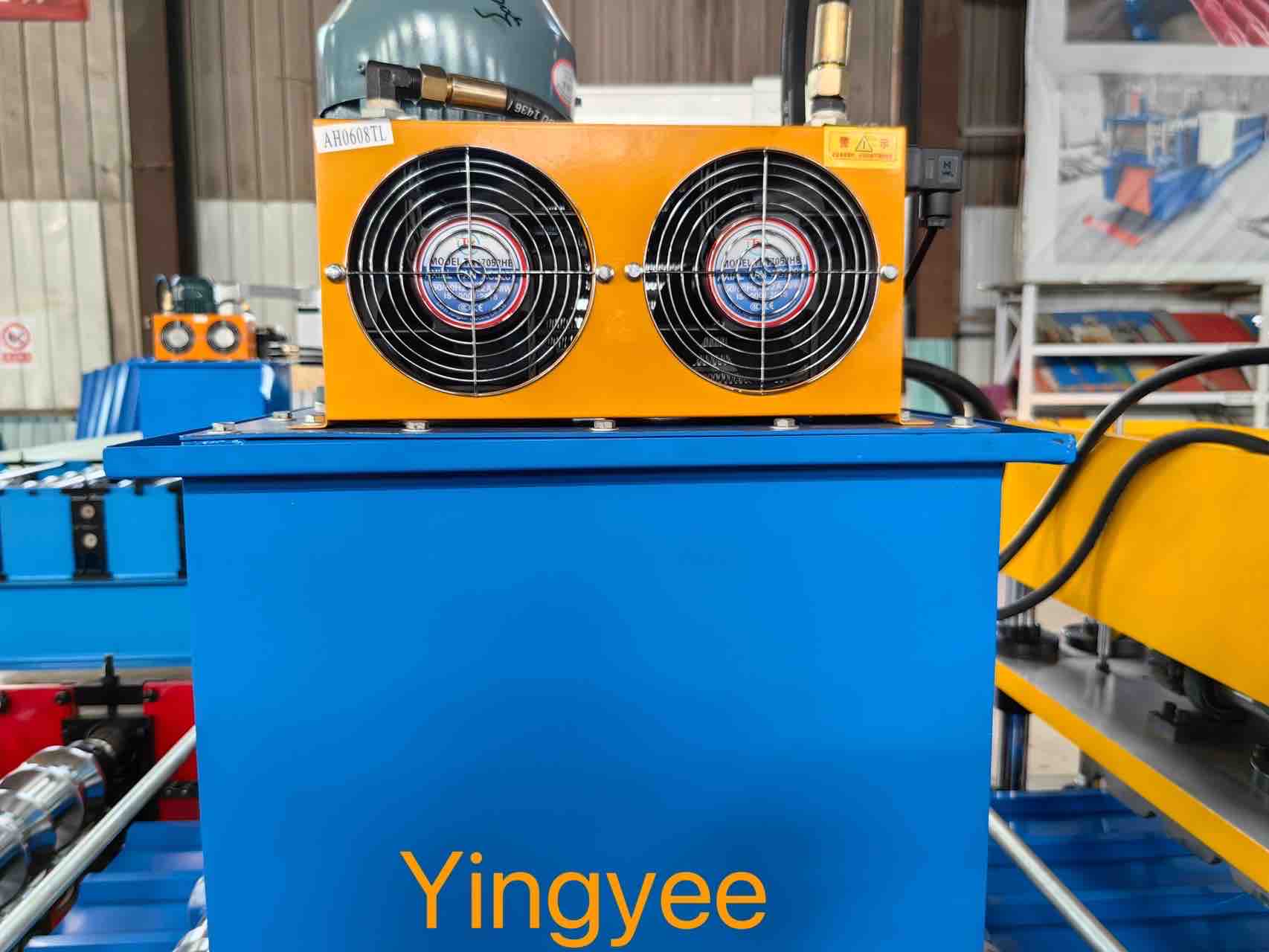
The Importance of Drywall Stud Roll Forming Machines in Construction
In the construction industry, efficiency and precision are paramount, especially when it comes to fabricating materials such as drywall studs. One of the most significant advancements in this area is the drywall stud roll forming machine. This innovative piece of equipment has transformed the way drywall studs are produced, enabling manufacturers to enhance productivity while maintaining high quality.
A drywall stud roll forming machine is designed to convert flat metal sheets into shaped profiles used in the framework of drywall installations. The primary materials used are typically steel or galvanized metal, which provide the necessary strength and durability for building structures. The roll forming process involves feeding metal sheets through a series of rollers that gradually shape the material into specific profiles, such as C-channels and U-channels, which are essential for supporting drywall panels.
One of the main advantages of using a drywall stud roll forming machine is the ability to produce studs at a faster rate compared to traditional methods. With automated systems, manufacturers can create consistent and precise profiles in large volumes, reducing the time needed for production. This increase in efficiency not only meets the demands of large construction projects but also minimizes labor costs, as fewer workers are required to handle the production process.

Furthermore, the precision offered by these machines ensures that each stud produced meets the exact specifications required for installation. This level of accuracy is crucial, as any deviations can lead to structural weaknesses or complications during the building phase. Quality control is integrated into the roll forming process, allowing manufacturers to maintain high standards consistently.
Additionally, drywall stud roll forming machines are versatile and can be customized to produce various profiles, allowing for flexibility in design. This adaptability makes them suitable for a wide range of applications, from residential to commercial construction projects. Manufacturers can modify the settings to create specific shapes or sizes based on project requirements, further enhancing their productivity and meeting diverse customer needs.
In conclusion, drywall stud roll forming machines play a pivotal role in modern construction practices. By increasing production efficiency, ensuring high-quality output, and providing versatility in design, these machines have revolutionized the way drywall studs are fabricated. As the construction industry continues to evolve, the adoption of such advanced technologies will undoubtedly contribute to improved building practices and outcomes.